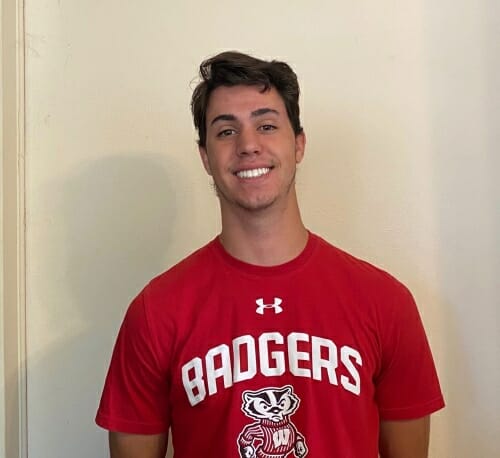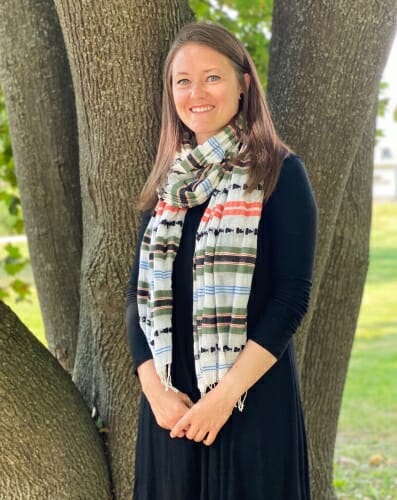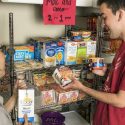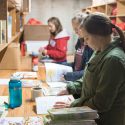A program created to promote community on campus
During the summer, it was apparent that the UW–Madison campus community was going to be very different this fall due to the COVID-19 pandemic.
It was especially going to be a hard transition for first-year students, because limitations on in-person events would make it harder to make connections in their first few weeks on campus.
With all of this in mind, the Center for the First-Year Experience moved forward to create the Badger Welcome Groups.
“We need to provide an opportunity for students to be able to connect and build community primarily in a virtual space,” said Chris Verhaeghe, with the Center for the First-Year experience, who helped create the program.
This program is open to all new undergraduate students both on and off-campus, and 625 of them signed up. It puts students into groups that gather together in virtual events. There were some in-person events but they’ve been ended.
“We have freshman groups and transfer groups and then within those groups, we have students who are in the Madison area and students who have chosen to stay home,” Verhaeghe said.
Each group is led by a Wisconsin Welcome Ambassador who is an undergraduate student on campus.

Nate Ferro Submitted Photo
“Each of us had about 50 students. We cover activities like what to expect with classes, do a meeting on how to safely navigate campus, and update them on events being hosted by the university,” said Nate Ferro, one of the Wisconsin Welcome Ambassadors.
Ferro has become creative with interacting and engaging his group. His students gravitate towards smaller in-person interactions.
“I’ve already actually taken three of my students to the Terrace,” Ferro said.
Freshman Rudy Banerjee, who is from Washington state, said he decided to sign up for the program to help him transition to campus.
“It seemed like a good way to get to know people on campus. I basically knew nobody here so I thought it would give me good insights into the university and hear from students who have already been here,” Banerjee said.
Each student ambassador sets up activities with their groups and also hosts informational sessions, which Banerjee says have been one of the most helpful components of the program.
“We’ve had different informational sessions every few days about different topics. The informationals have been incredibly helpful,” Banerjee said.
Depending on how UW–Madison will operate in the Spring 2021 semester, the continuation of the program will be evaluated. Ferro thinks it will work regardless of whether the university is remote or in-person.
“I do actually think that under regular circumstances this would definitely still work,” Ferro said.

Cat Larsen
Cat Larsen, another student ambassador in the program who was a transfer student, says that the program probably is so successful because in-person activities are limited, but she thinks it will be useful even when campus life returns to normal.
“It potentially thrives more because it is online, but I do think that it would be a beneficial program to keep around even after COVID because not all students do well with in-person interactions and actually feel more comfortable doing things online,” Larsen said.
The program is completely voluntarily; emails with registration links were sent out to new students.
Tags: Division of Student Life, students


